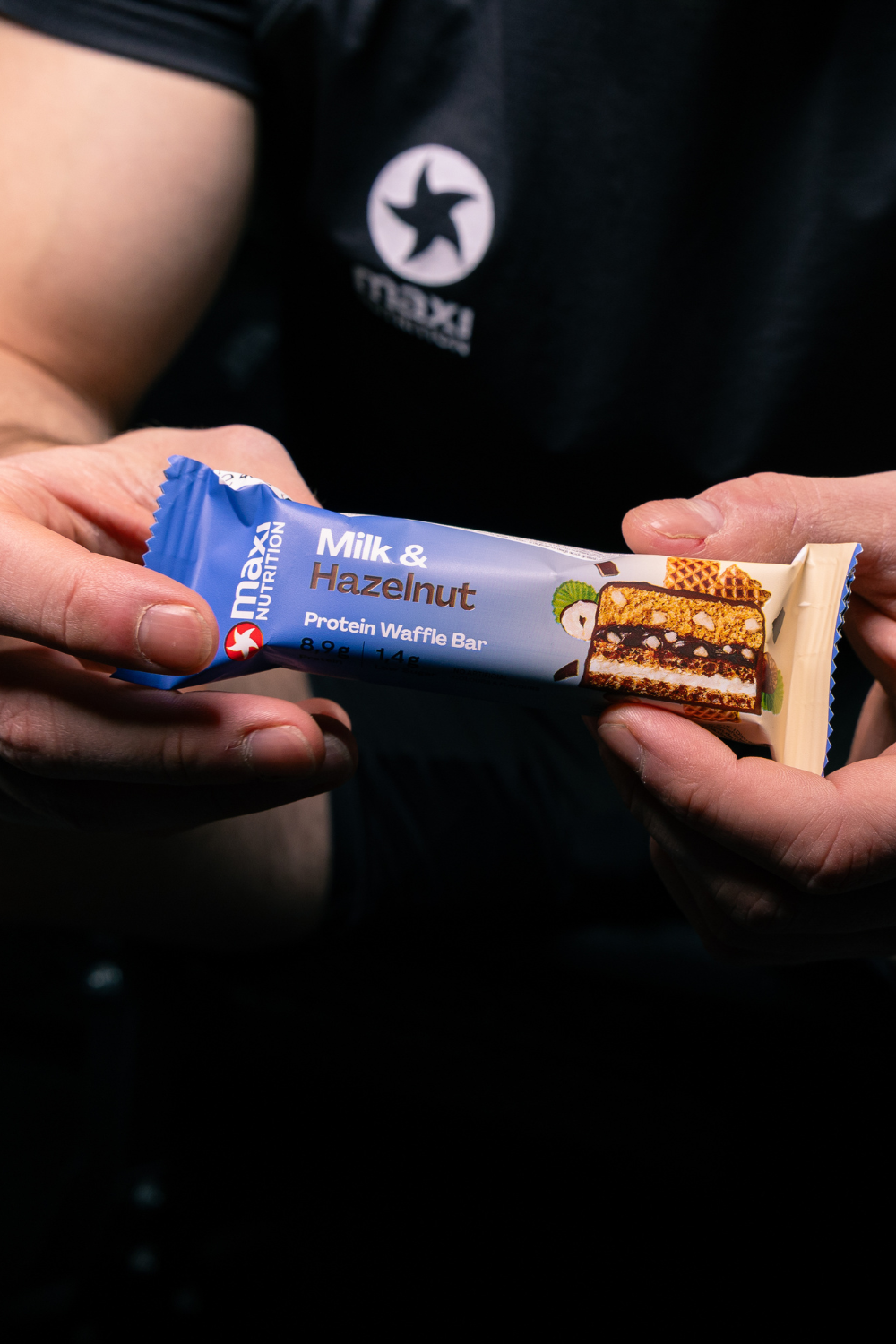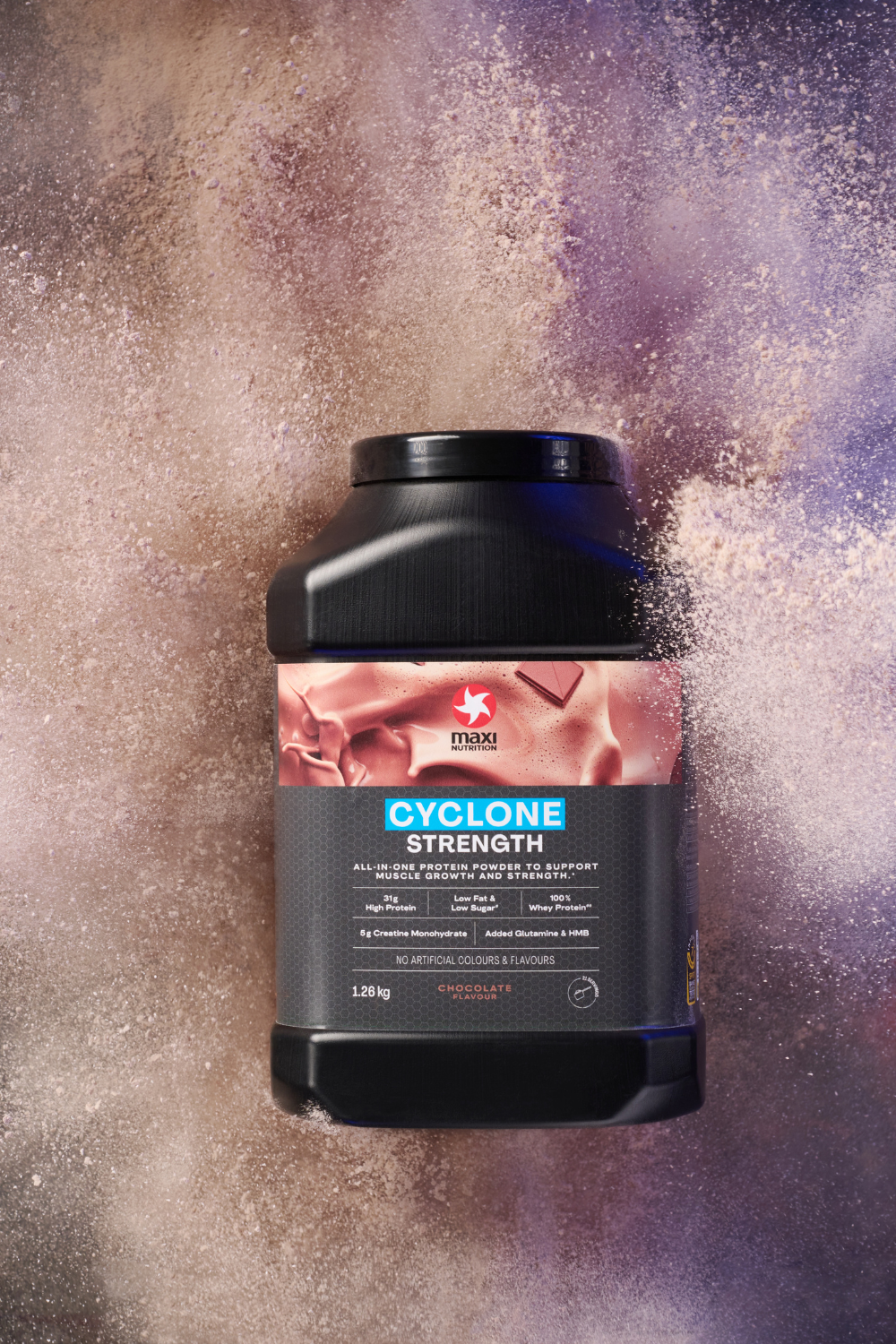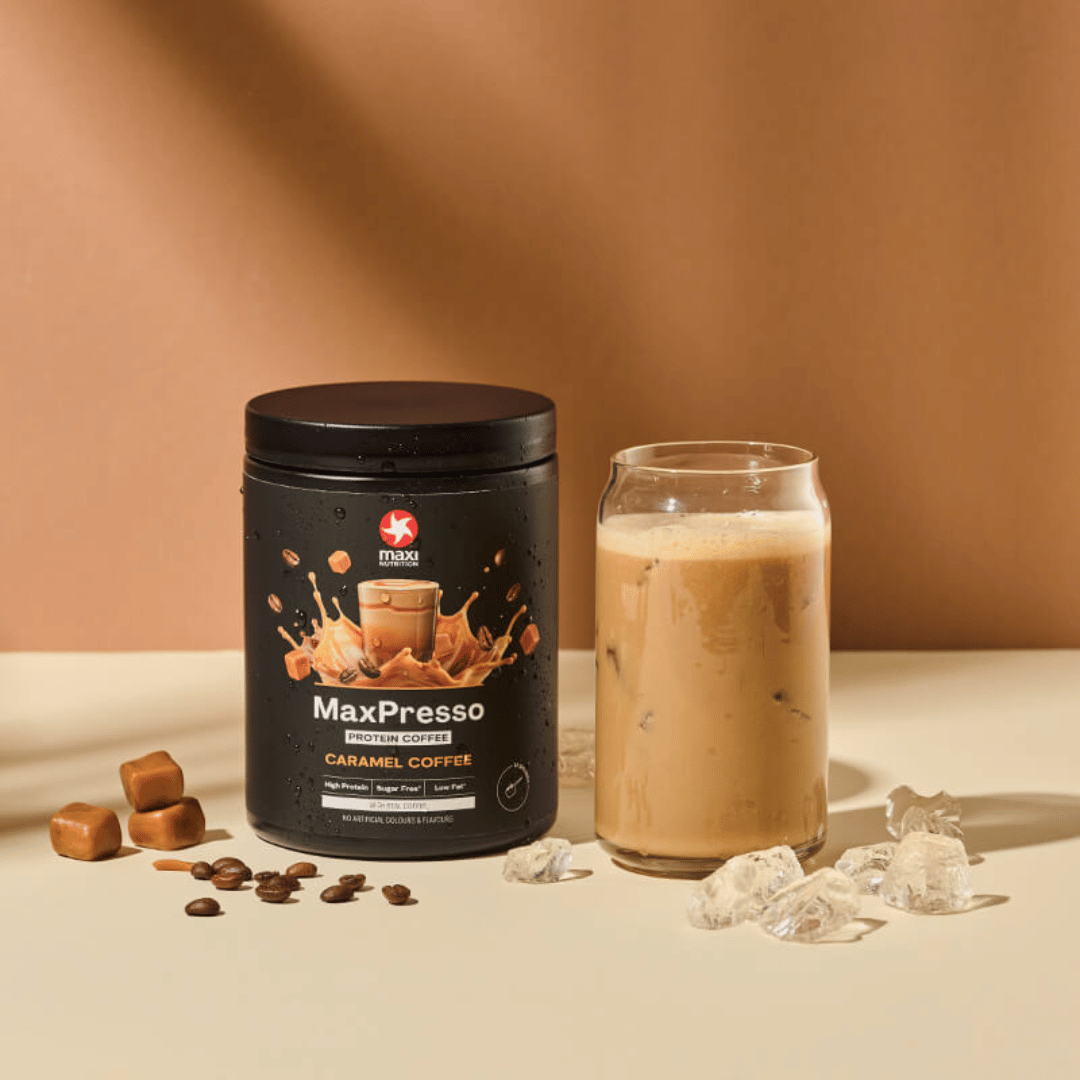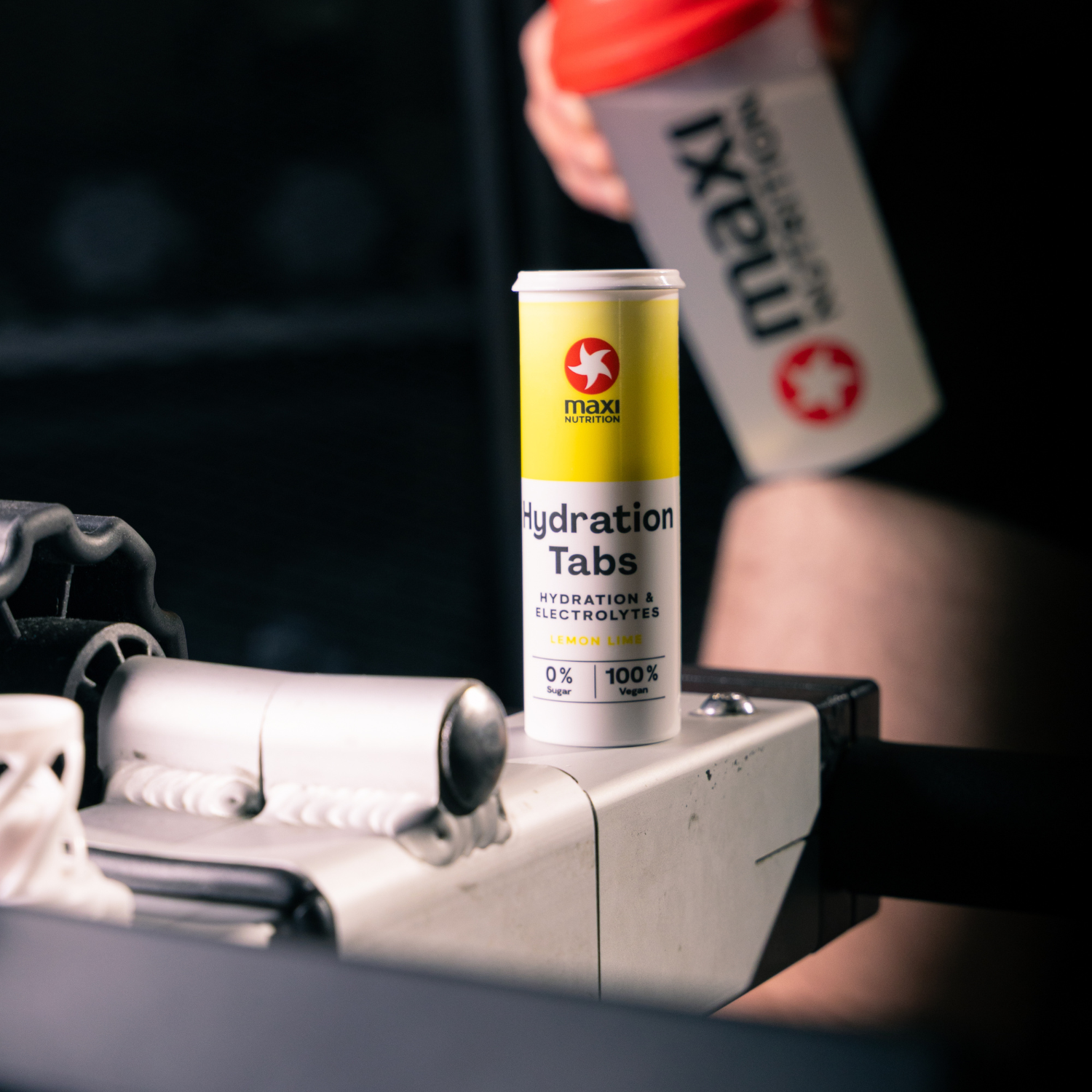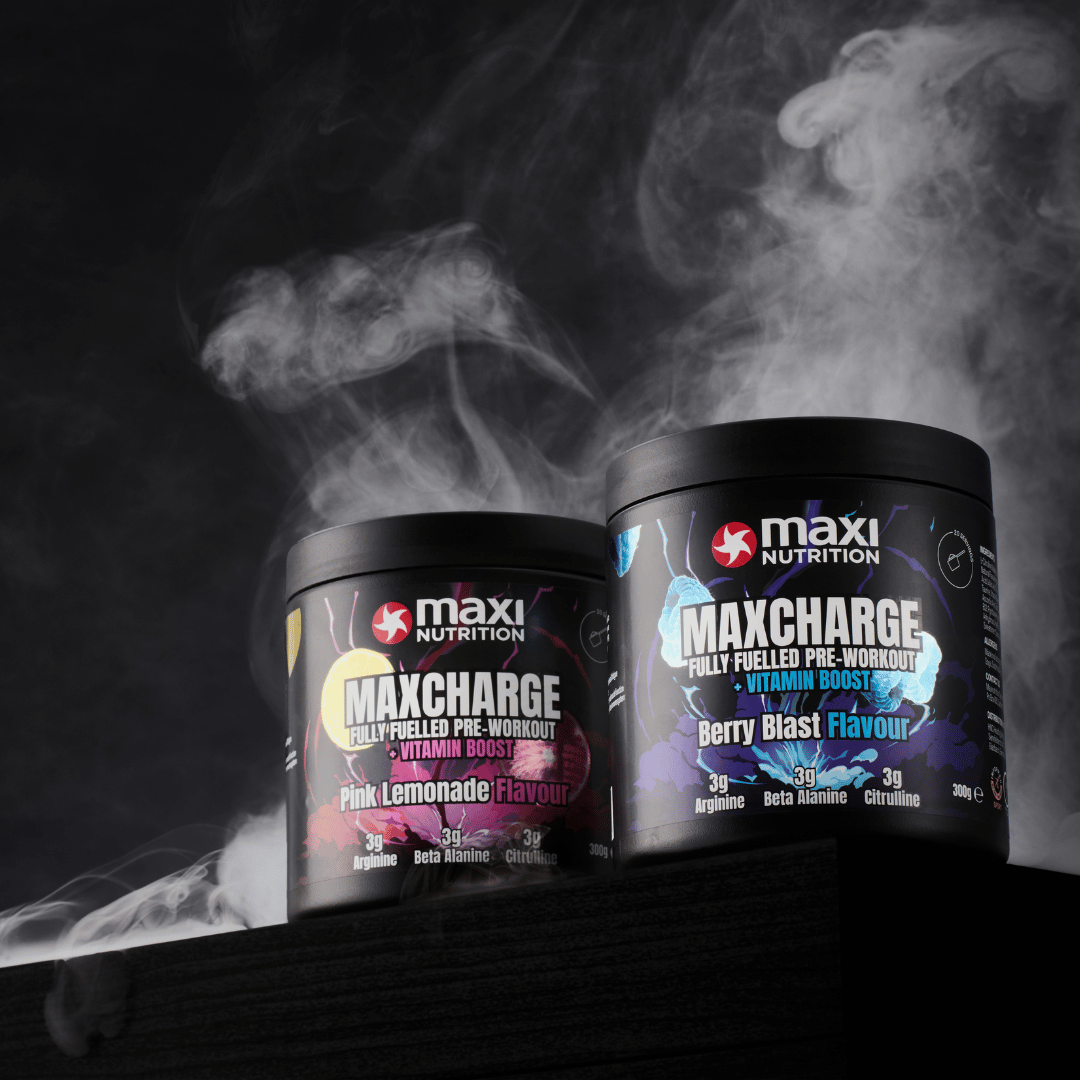How does HMB work?
Levels of beta-hydroxy-beta-methylbutyrate can be limited within the body because its production is dependent upon the availability of the essential amino acid leucine. Essential amino acids can’t be produced in the body, which means you have to source them externally. Leucine is a branched-chain amino acid, just like valine and isoleucine – BCAA’s are found in foods you consume in your diet, such as meat, fish and milk.
When training hard, your body might require high levels of BCAA’s and HMB, which is why some gym goers supplement HMB into their routine to boost HMB levels so that they can get the most out of their workout. Especially when building muscle, it is important to make every rep count and ensure a quick recovery. Here, we explore how HMB works to support your goals.
Maintaining HMB levels
HMB levels can be limited as a result of your body externally sourcing BCAAs from your diet. Providing your body with additional HMB through supplements takes away your bodies reliance on leucine to maintain HMB levels.
Levels deplete during exercise, so supplementing immediately after your workout helps to replenish HMB.
Suggestion: Support your workout?
If muscle growth is your aim, then you need to ensure that the rate of protein synthesis is always higher than the rate of protein breakdown. Breakdown leads to a muscle loss, when you are looking for a muscle gain, you need protein synthesis to be stimulated. Protein synthesis requires high protein levels.
Timings can vary for HMB supplementation but they are most commonly taken pre-workout and then immediately post-workout. HMB supplements are often taken after your exercise to help maintain levels in the body.
Pre-workout
HMB supplements are often taken around an hour before, this can vary depending on the time of your workout – when working out first thing on a morning, you can supplement HMB immediately before you exercise.


